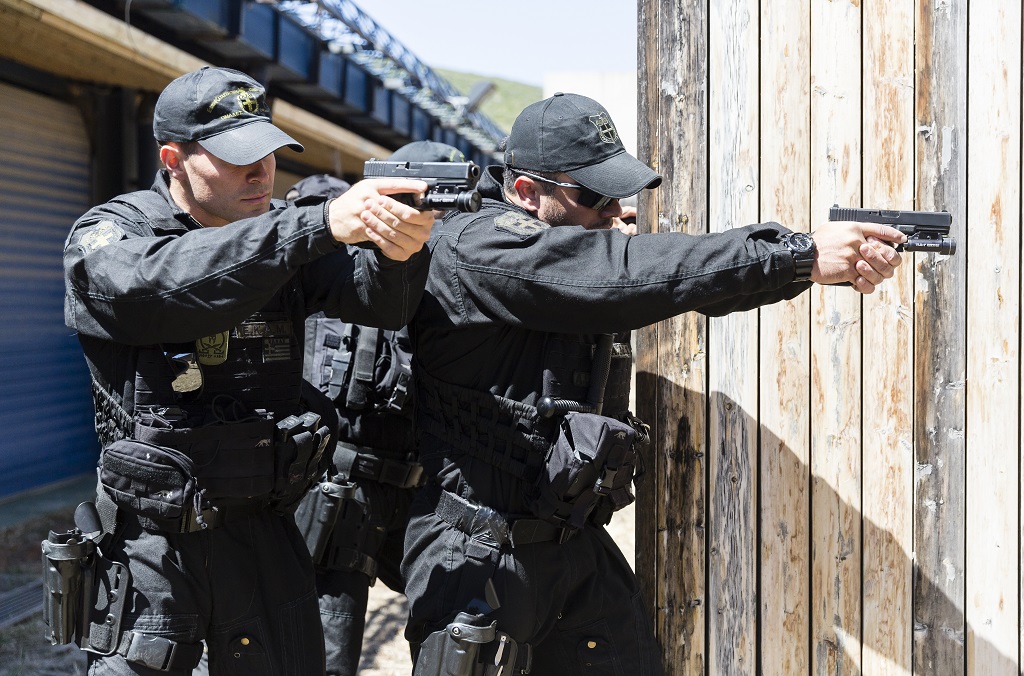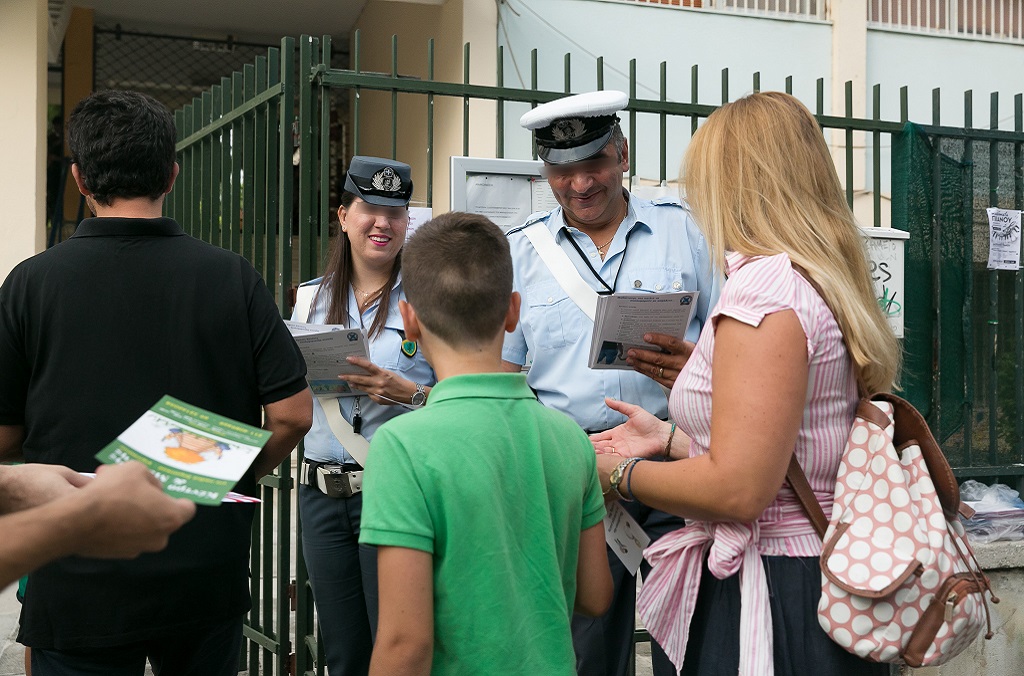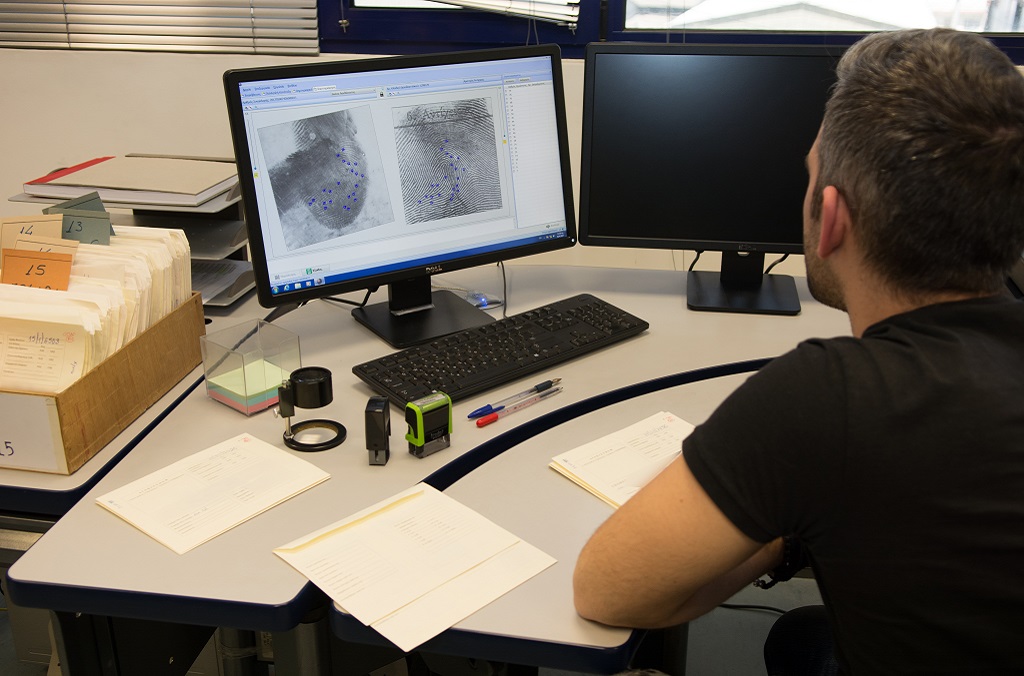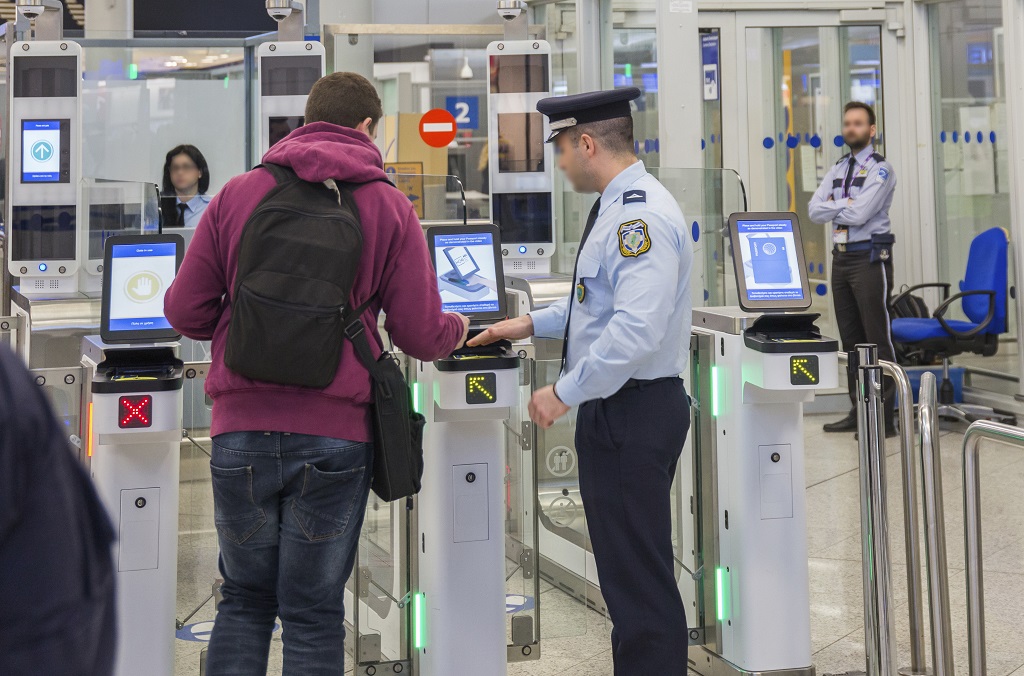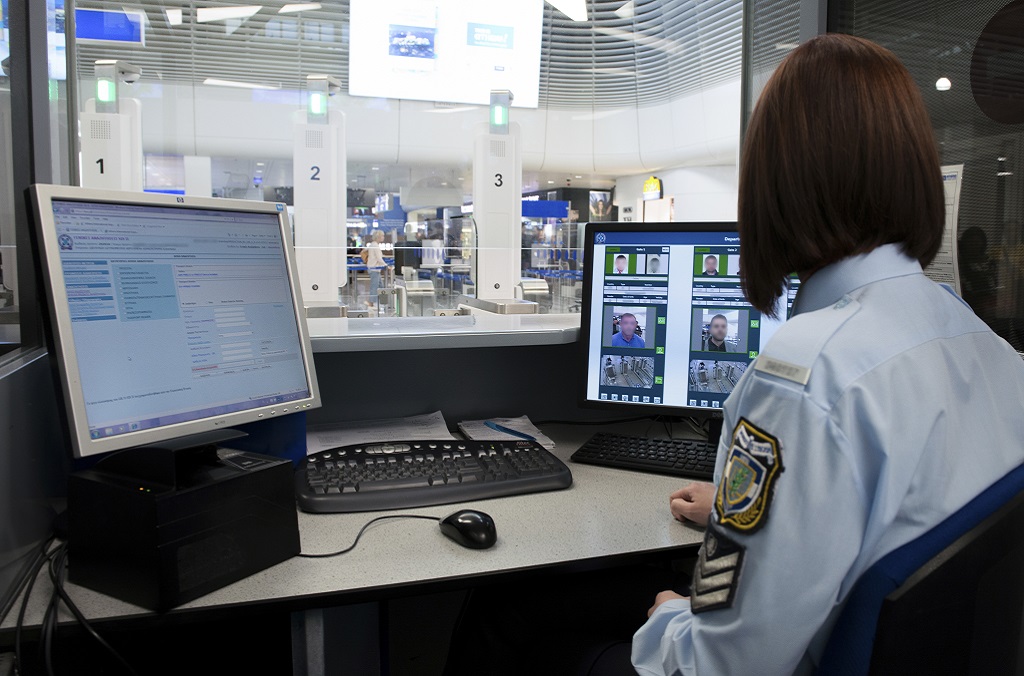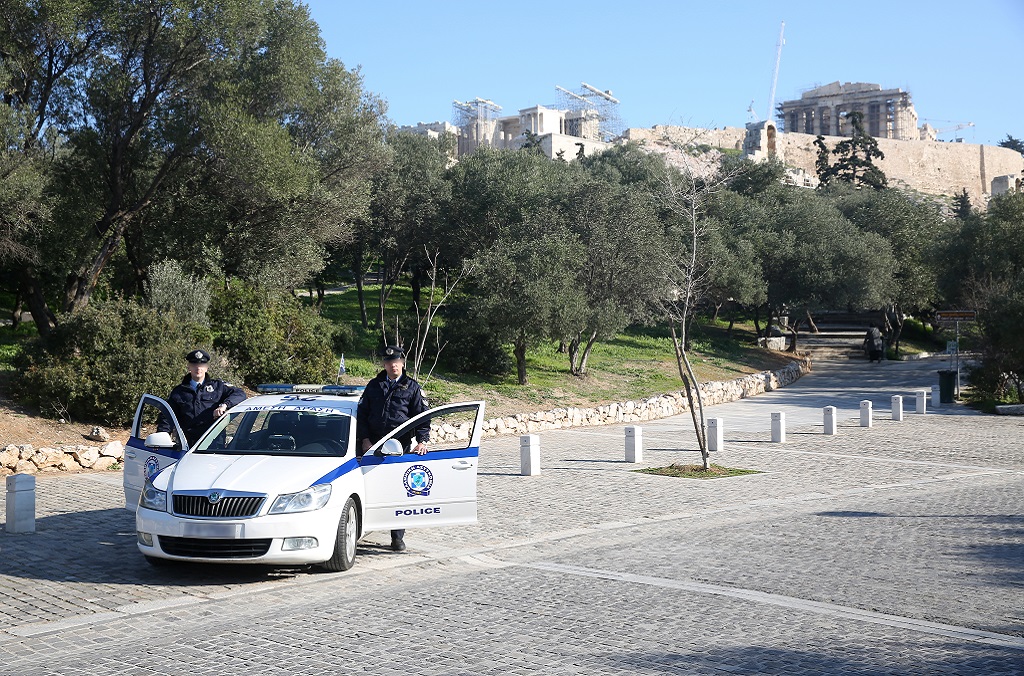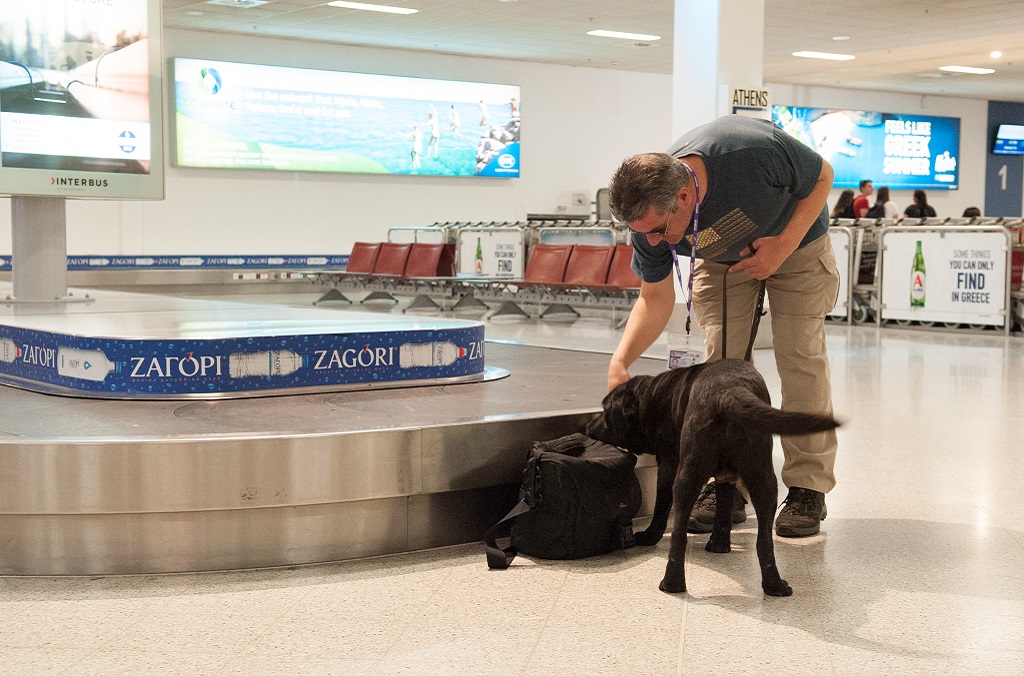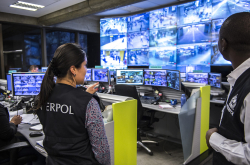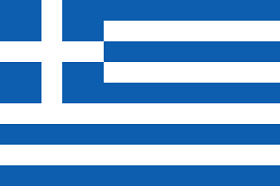 GREECE
GREECE
Tackling transnational crime in Greece

With its indented coastline and abundant islands, Greece has the 11th longest coastline in the world. Nestled at the crossroads of Europe, Asia and Africa, this geography makes Greece attractive to organized crime groups.
The most widespread crimes to affect Greece are human trafficking, people smuggling and drug crime.
INTERPOL in Greece
Given that organized crime is orchestrated from other countries and regions, the role of INTERPOL’s National Central Bureau (NCB) in Athens is crucial to safeguarding national and regional security.
NCB Athens works with police forces across the globe in tackling the transnational crime groups which operate on its territory, sharing intelligence, monitoring emerging trends and working together in targeted regional police operations.
The NCB is part of the national police, sitting structurally in the International Police Cooperation Division at the Police Headquarters in Athens.
Greek national law enforcement
The Greek national police – called the Hellenic Police - is part of the Ministry of Citizen Protection.





